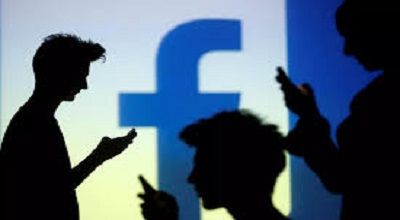Effects of Facebook on students
Facebook, like any social media platform, can have both positive and negative effects on students, depending on how they use it. Here are some potential effects:
Positive Effects:
- Social Connection: Facebook provides a platform for students to connect with friends, family, and peers. It facilitates communication and helps maintain relationships, especially for students who may be geographically separated.
- Information Sharing: Students can use Facebook to share educational resources, exchange ideas, and collaborate on projects. Group features allow for easy communication and coordination among classmates.
- Networking Opportunities: Facebook can be a valuable tool for networking and building professional connections. Students can join groups related to their field of study or career interests, allowing them to connect with professionals and peers in their industry.
- Community Building: Facebook groups and pages centered around academic interests, hobbies, or extracurricular activities can help students find like-minded individuals and create supportive communities.
Negative Effects:
- Distraction: Excessive use of Facebook can lead to distractions from academic responsibilities. Students may spend more time on social media than studying, affecting their academic performance.
- Procrastination: The ease of access to social media on smartphones and computers can contribute to procrastination. Students may delay completing assignments or studying in favor of scrolling through their Facebook feeds.
- Privacy Concerns: Sharing personal information on Facebook can raise privacy concerns. Students may unknowingly expose themselves to risks such as identity theft or cyberbullying.
- Negative Mental Health Impact: Constant exposure to social media can contribute to feelings of inadequacy, jealousy, or low self-esteem. The comparison with others’ seemingly perfect lives can hurt mental health.
- Cyberbullying: Facebook can be a platform for cyberbullying, which can negatively affect students emotionally and academically.
- Sleep Disruption: Late-night use of Facebook may contribute to sleep disruption, affecting students’ overall well-being and cognitive function.
Final words
It’s important to note that the impact of Facebook on students can vary widely depending on individual usage patterns and the overall context of their lives. Encouraging responsible and balanced use, promoting digital literacy, and fostering open communication about the potential risks can help mitigate negative effects.
